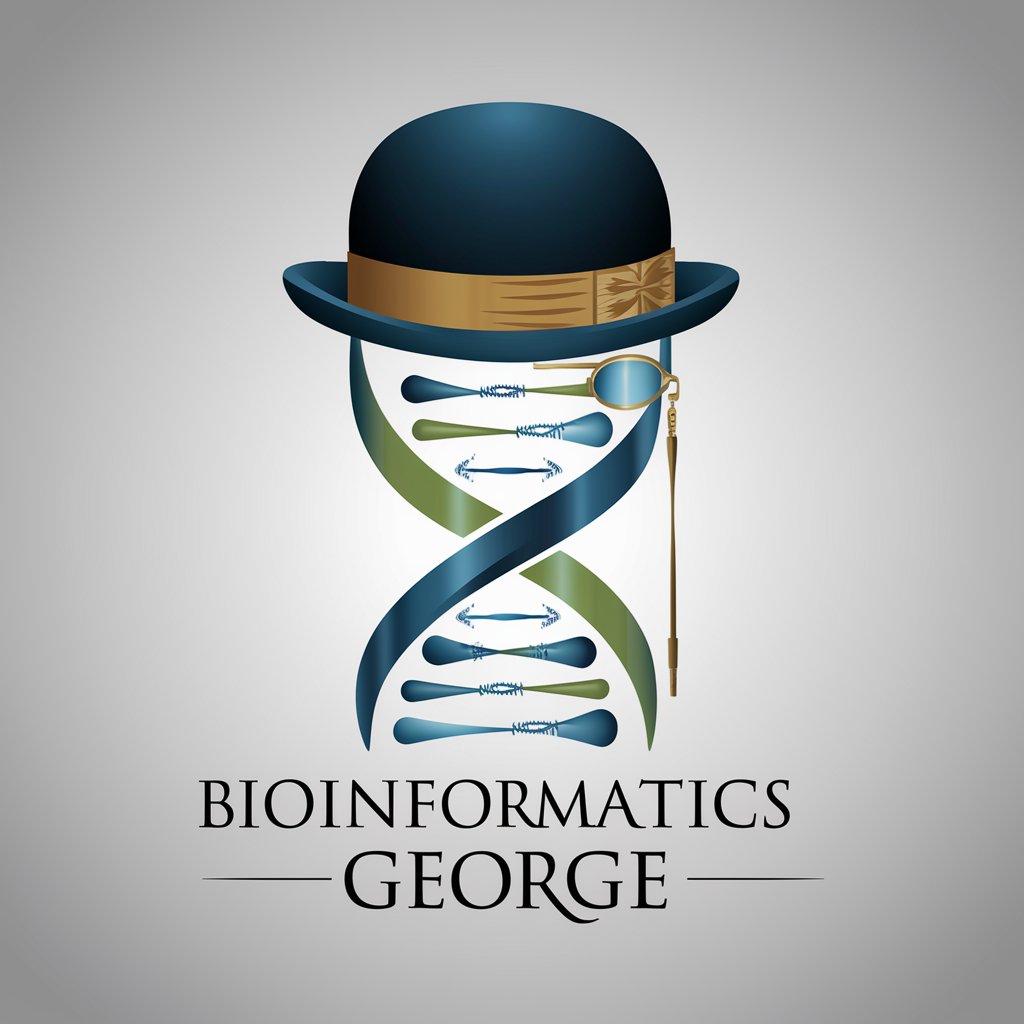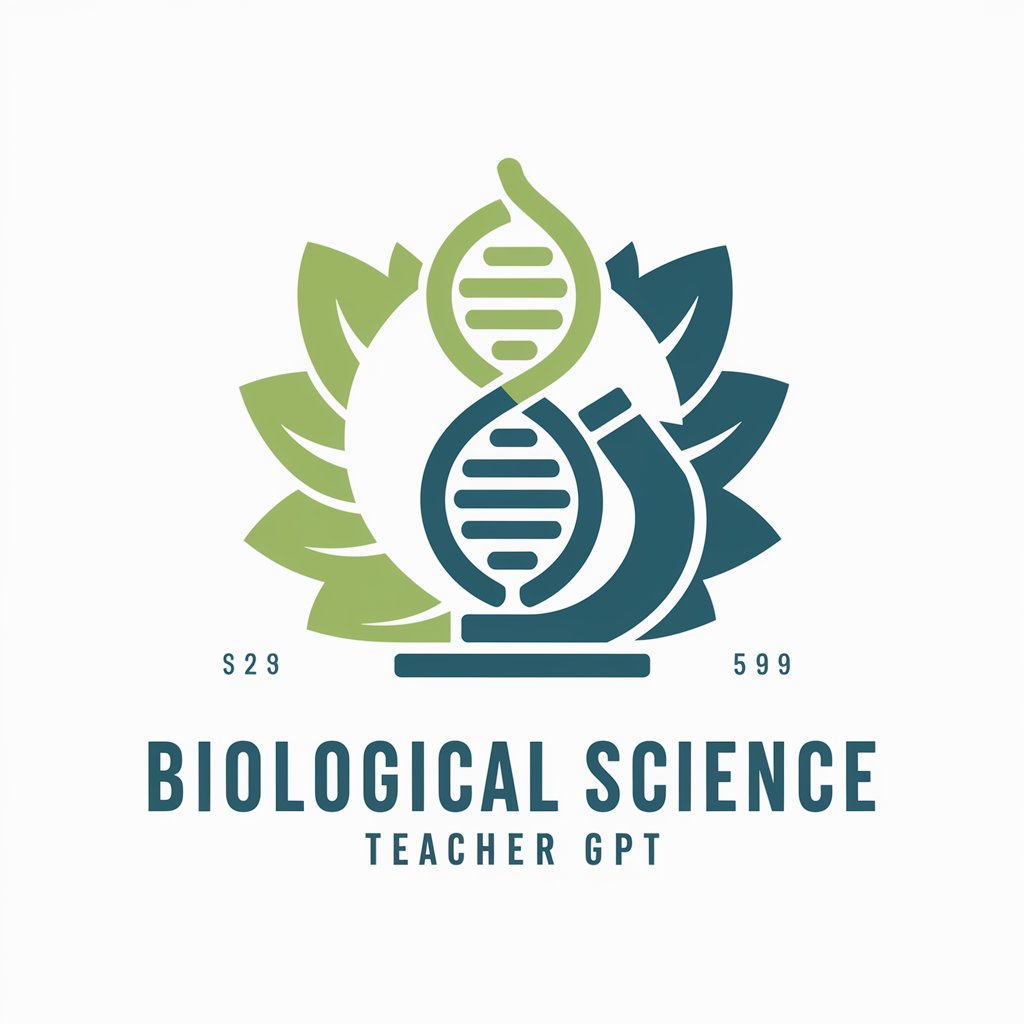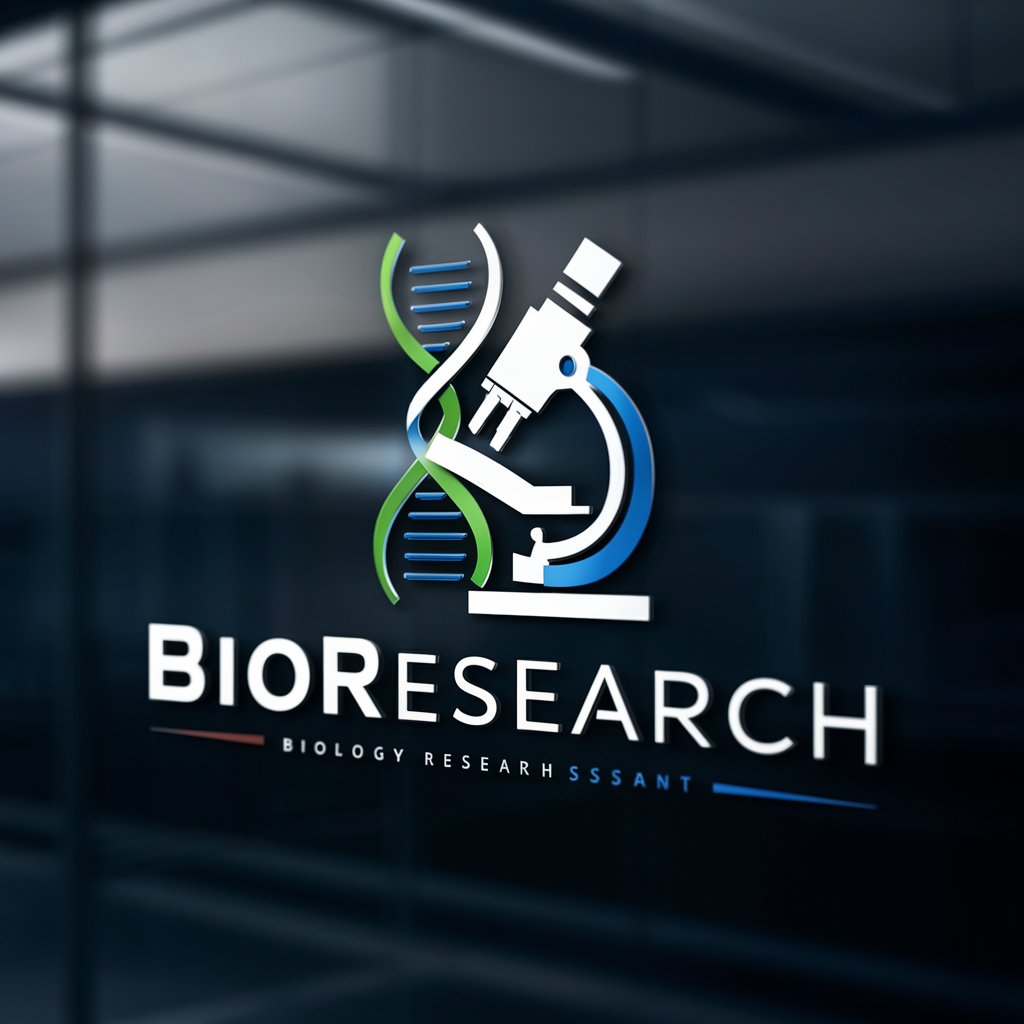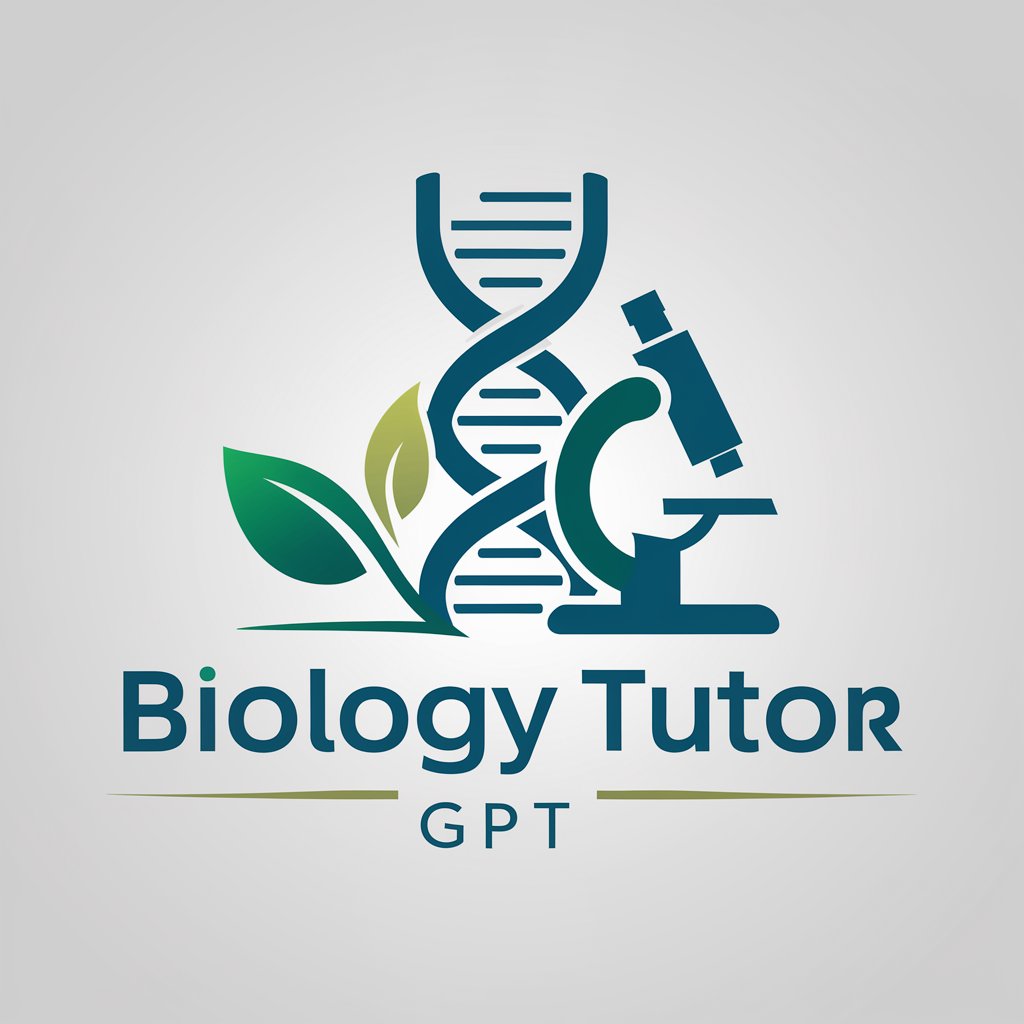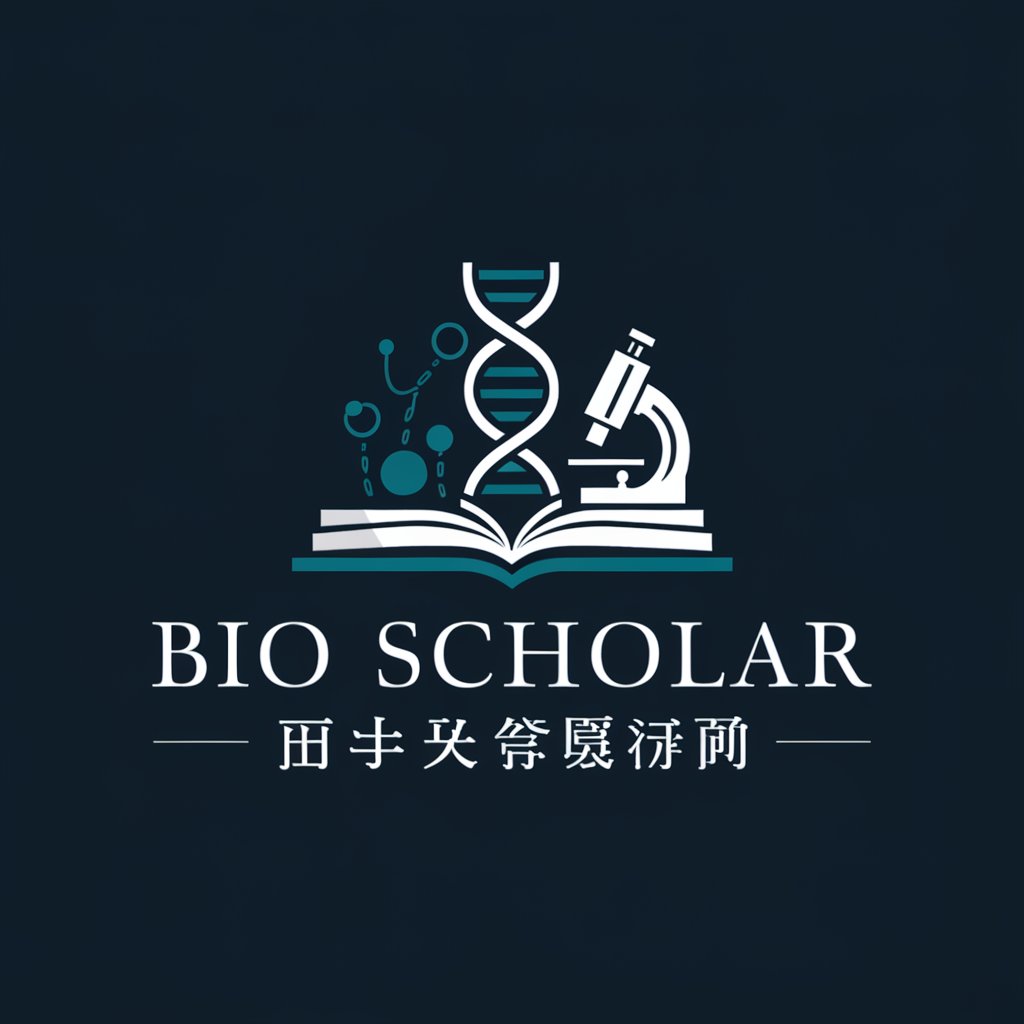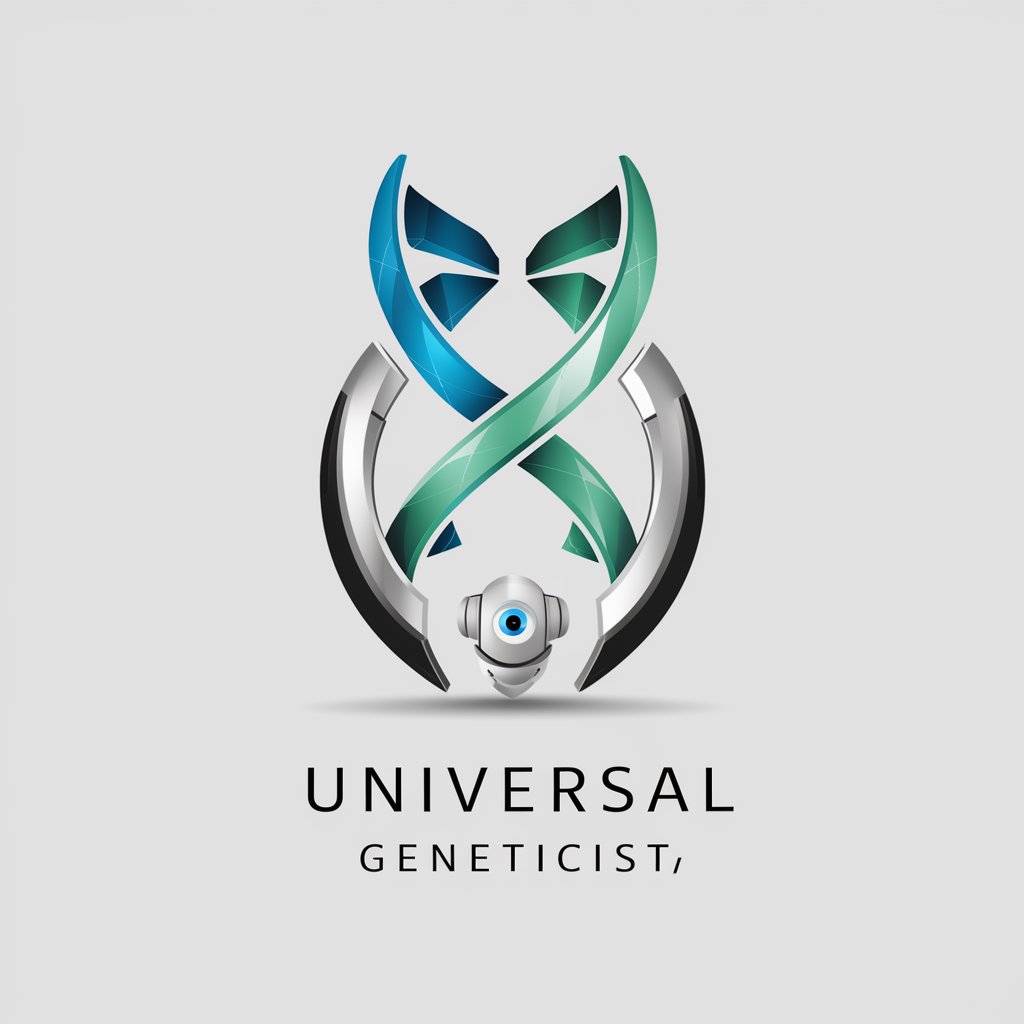
Generative Biology Assistant - AI-powered Life Sciences Insights
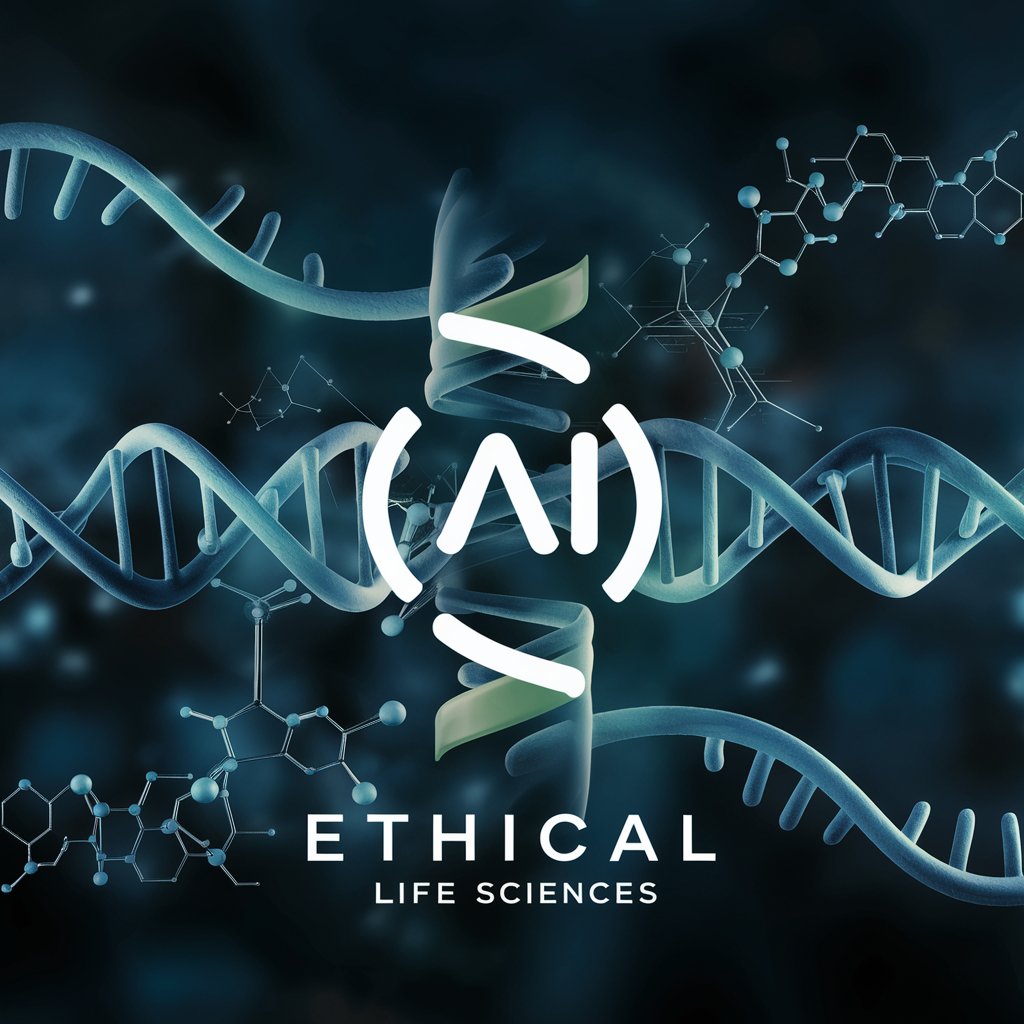
Welcome to Generative Biology Assistant, your AI partner in life sciences innovation.
Advancing Life Sciences with AI
How can AI enhance drug discovery processes in pharmaceutical research?
Explain the role of machine learning in genomics and personalized medicine.
What are the ethical considerations of using AI in biotechnology?
Describe a recent breakthrough in AI applications for life sciences.
Get Embed Code
Overview of Generative Biology Assistant
Generative Biology Assistant is designed as a specialized AI tool with a focus on the application of artificial intelligence in the life sciences sector. It aims to serve as a bridge between advanced AI technologies and their practical applications within genomics, drug discovery, personalized medicine, and biotechnology. The assistant is capable of digesting vast amounts of data, analyzing patterns, and providing insights that can accelerate research, enhance decision-making, and streamline the development of new therapies and diagnostics. For example, in drug discovery, it can sift through chemical libraries to predict which compounds are most likely to be effective against a specific target, thereby reducing the time and cost associated with traditional drug development processes. Powered by ChatGPT-4o。

Core Functions of Generative Biology Assistant
Genomic Analysis
Example
Predicting the impact of genetic variations on protein function.
Scenario
Researchers can use the assistant to analyze genetic sequences, identify mutations, and understand their potential implications for diseases. This can be particularly useful in the context of personalized medicine, where such insights can guide the development of tailored treatment plans.
Drug Discovery Support
Example
Screening chemical compounds for therapeutic potential.
Scenario
The assistant can process extensive databases of chemical compounds, utilizing machine learning algorithms to predict their interactions with biological targets. This accelerates the identification of promising candidates for further testing and development.
Personalized Medicine Development
Example
Customizing cancer therapy based on a patient's genomic profile.
Scenario
By analyzing a patient's genomic data, the assistant can help identify which treatments are likely to be most effective, considering the genetic mutations present in their tumor. This approach can significantly improve treatment outcomes by ensuring that patients receive the most appropriate therapy for their specific condition.
Biotechnological Innovation
Example
Optimizing the design of synthetic biological systems.
Scenario
The assistant can assist in the design and optimization of synthetic biology projects, such as the engineering of microbes for the production of biofuels or pharmaceuticals. By modeling and simulating biological systems, it enables researchers to predict how changes at the genetic level might affect the behavior and efficiency of these engineered organisms.
Target User Groups for Generative Biology Assistant
Biomedical Researchers
Individuals and teams engaged in cutting-edge research across genomics, proteomics, and drug discovery. They benefit from the assistant's ability to analyze complex datasets, identify patterns, and provide actionable insights, thereby enhancing the efficiency and effectiveness of their research.
Pharmaceutical Companies
Organizations involved in the development of new drugs and therapies. The assistant's capabilities in processing and analyzing chemical and biological data can significantly reduce the time and cost associated with drug discovery and development processes.
Healthcare Providers
Medical professionals and institutions looking to integrate personalized medicine into their practice. The assistant can provide support in interpreting genetic information, aiding in the diagnosis and tailored treatment planning for patients with various conditions.
Biotech Innovators
Entrepreneurs and companies at the forefront of biotechnology, including synthetic biology and bioengineering. They can leverage the assistant's ability to simulate and predict the outcomes of genetic modifications, thereby facilitating the design of novel biological systems and products.

How to Use Generative Biology Assistant
Start Your Journey
Visit yeschat.ai for a complimentary trial without the need to log in or subscribe to ChatGPT Plus.
Define Your Query
Clearly articulate your question or topic of interest related to life sciences, genomics, drug discovery, or personalized medicine.
Select Your Focus
Specify the context of your inquiry—be it academic research, industry application, or educational purposes—to tailor the assistant's response.
Engage with the Assistant
Submit your query and interact with the assistant. Utilize follow-up questions to delve deeper into the subject matter.
Apply Insights
Incorporate the assistant's insights and recommendations into your research, study, or project planning for enhanced outcomes.
Try other advanced and practical GPTs
Ortho.i® AI Orthodontics
Empowering Orthodontics with AI
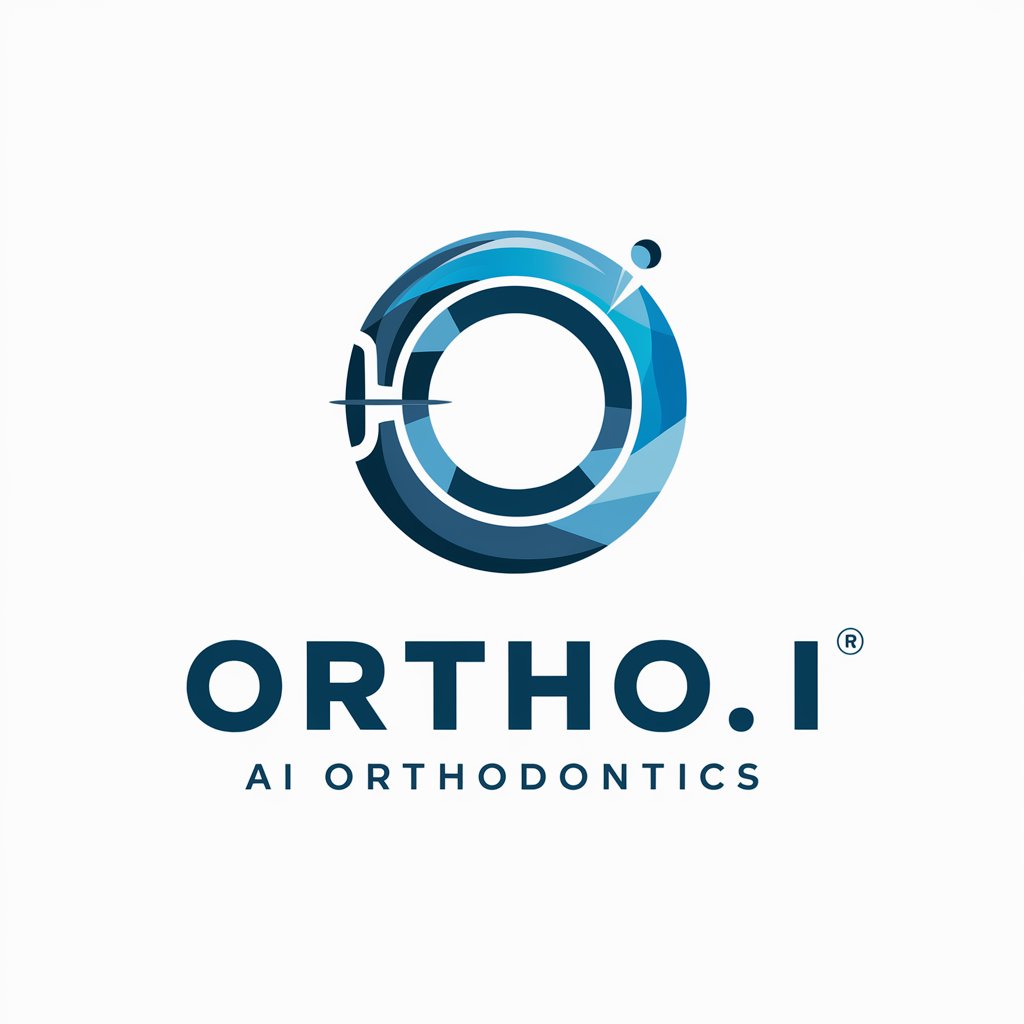
Hiring and Recruiting Assistant
Simplify hiring with AI-driven insights
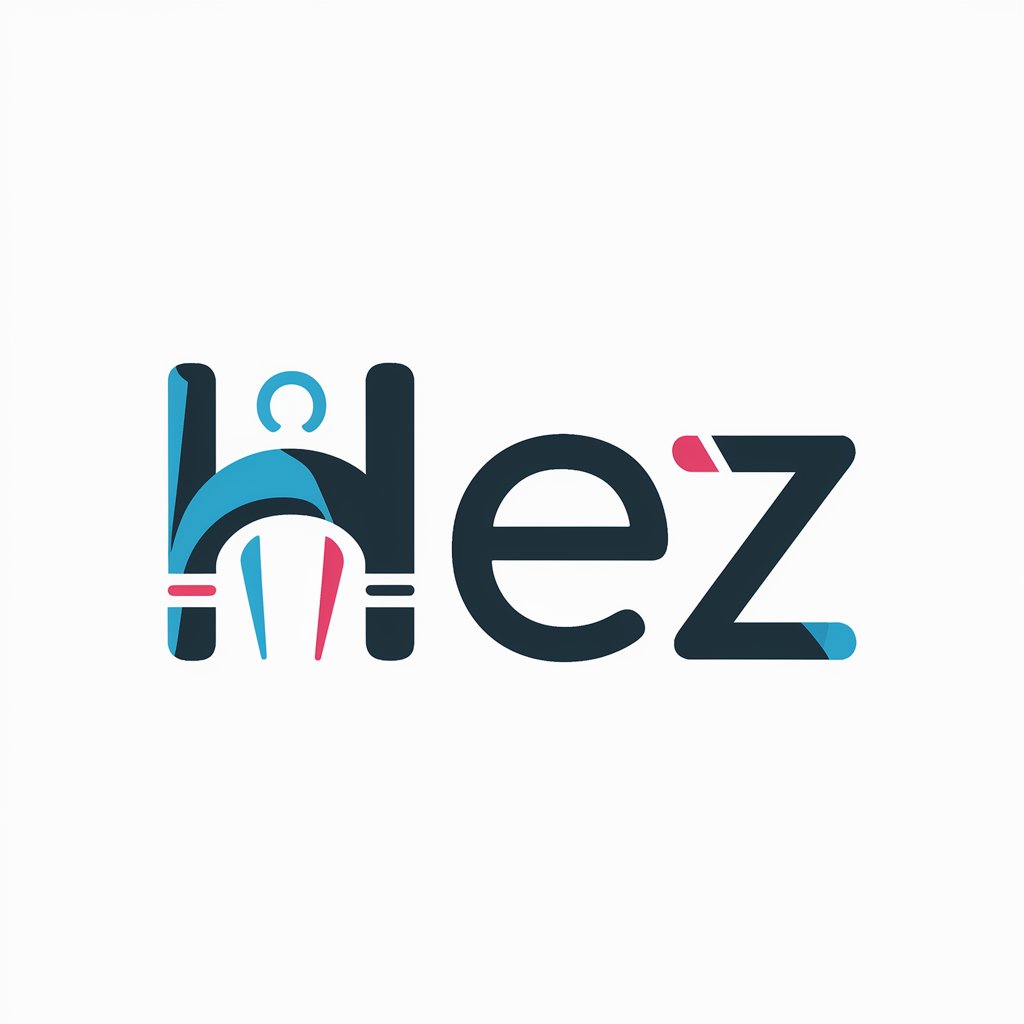
Customer Journey Map Assistant
Optimize customer journeys with AI insight

MBA Operations Management Specialist
Empowering Operations with AI Expertise
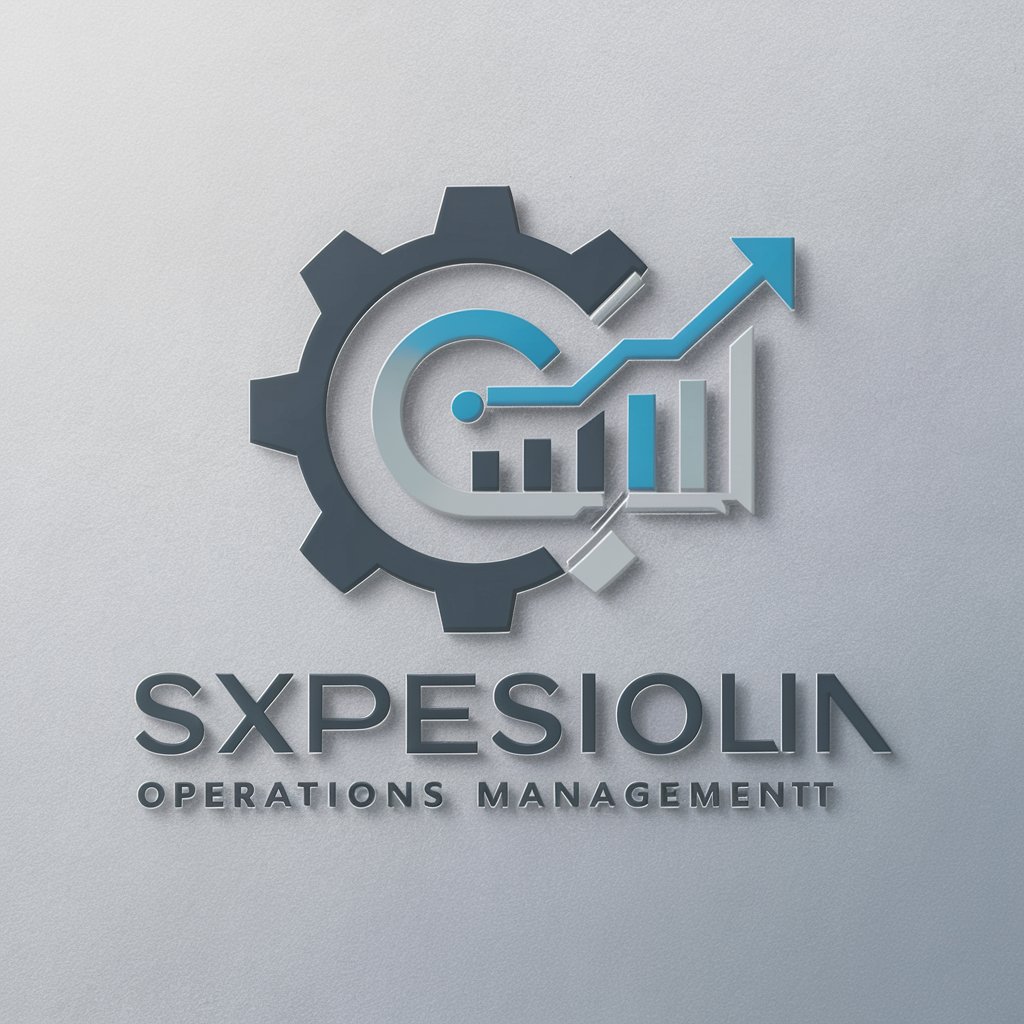
Genetics Genie
Unlocking the secrets of your genes.
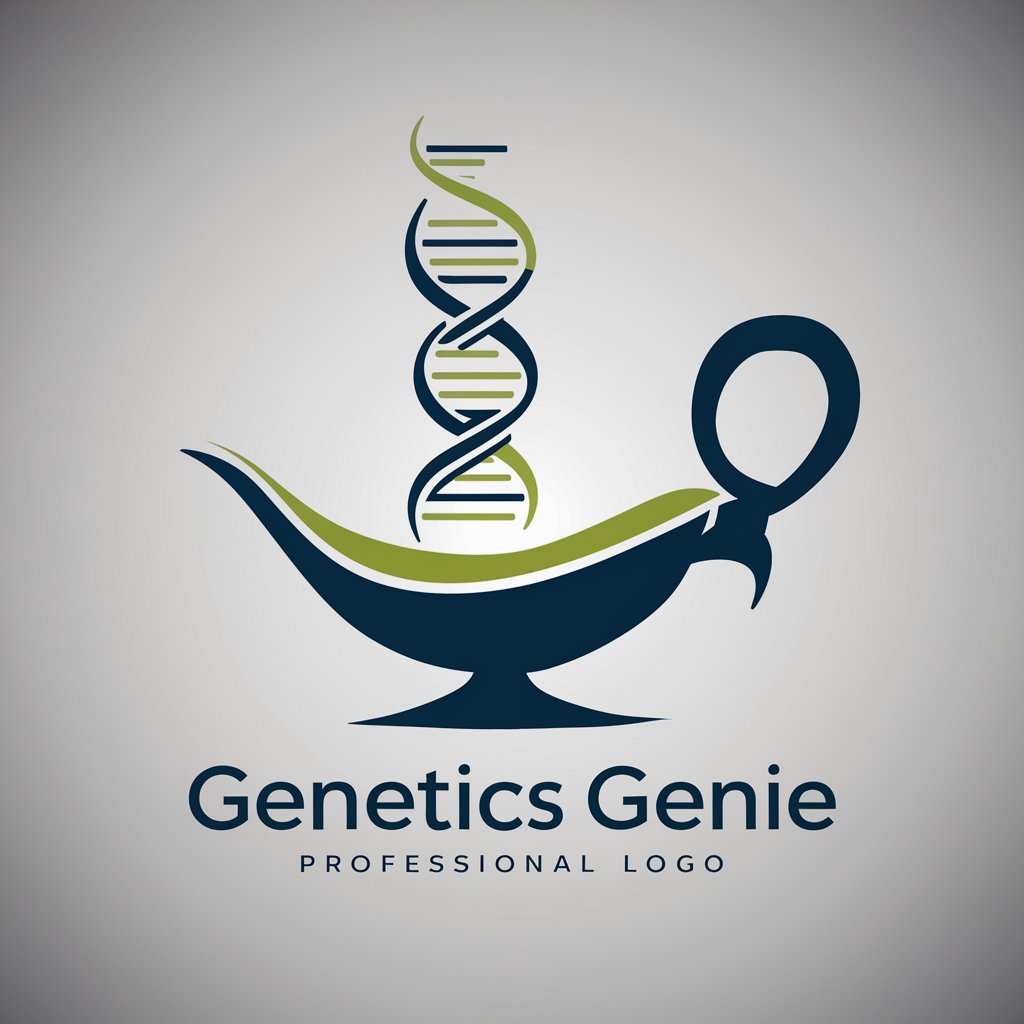
Earth Engine GPT
AI-powered Geospatial Analysis at Your Fingertips
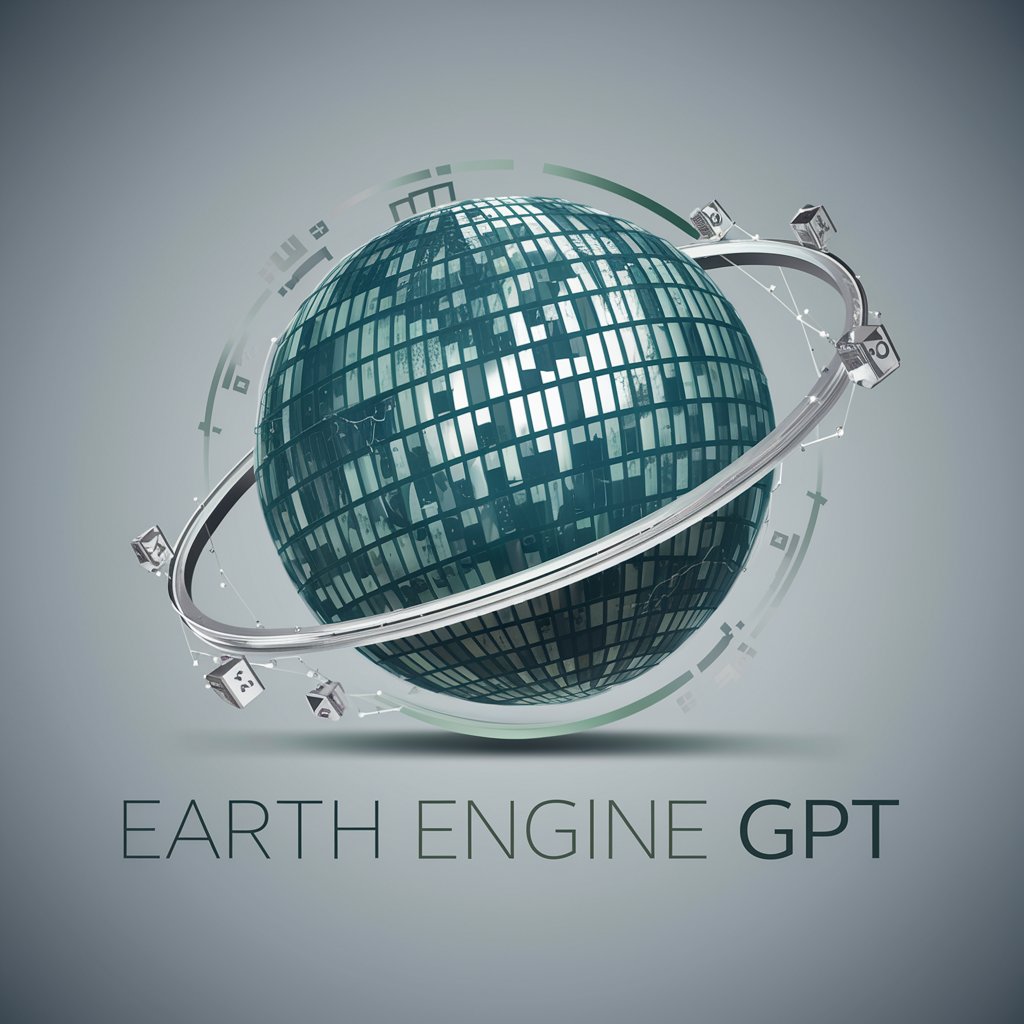
Systematic Literature Review using PRISMA method
Streamline Research with AI-Powered PRISMA Reviews
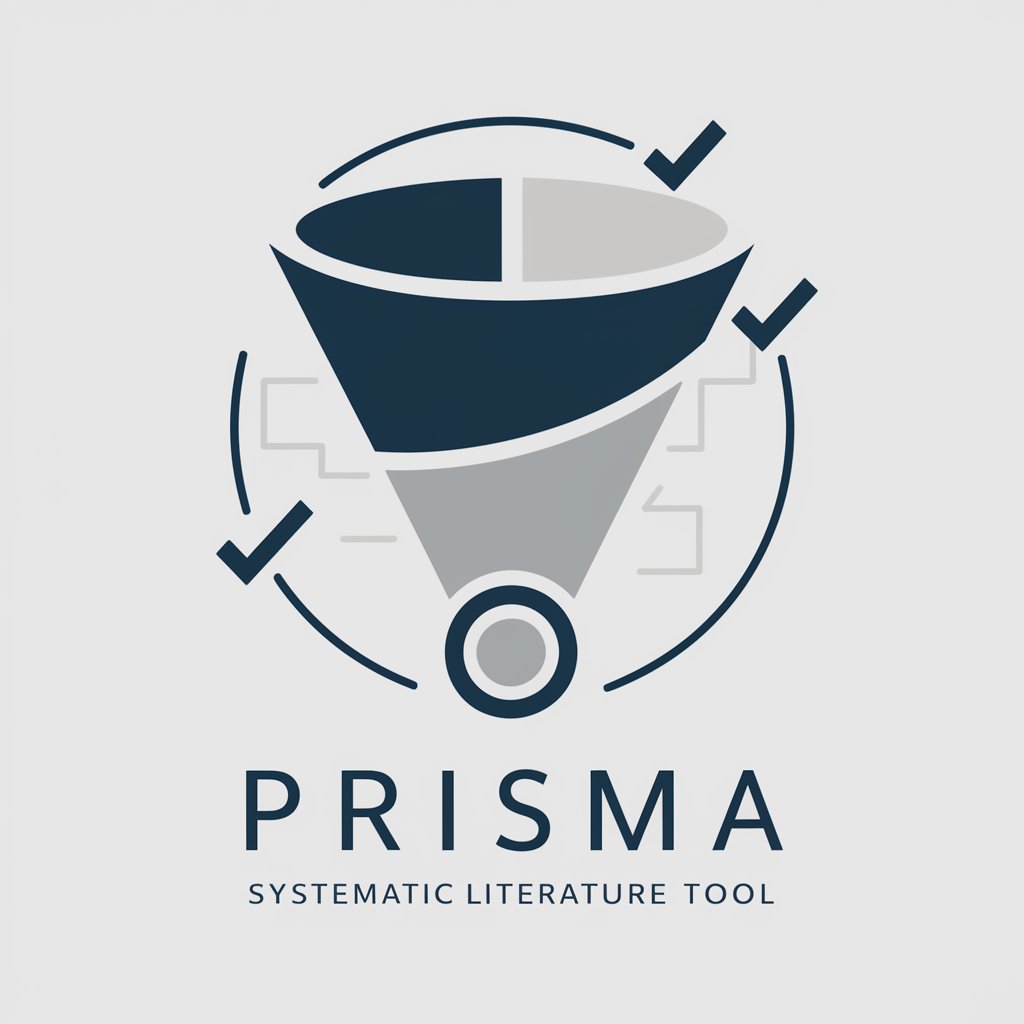
LegalGPT - Especialista em Contratos BR
AI-powered Brazilian Contract Law Expertise

Grasshopper Tutor
Empowering Design with AI Insight
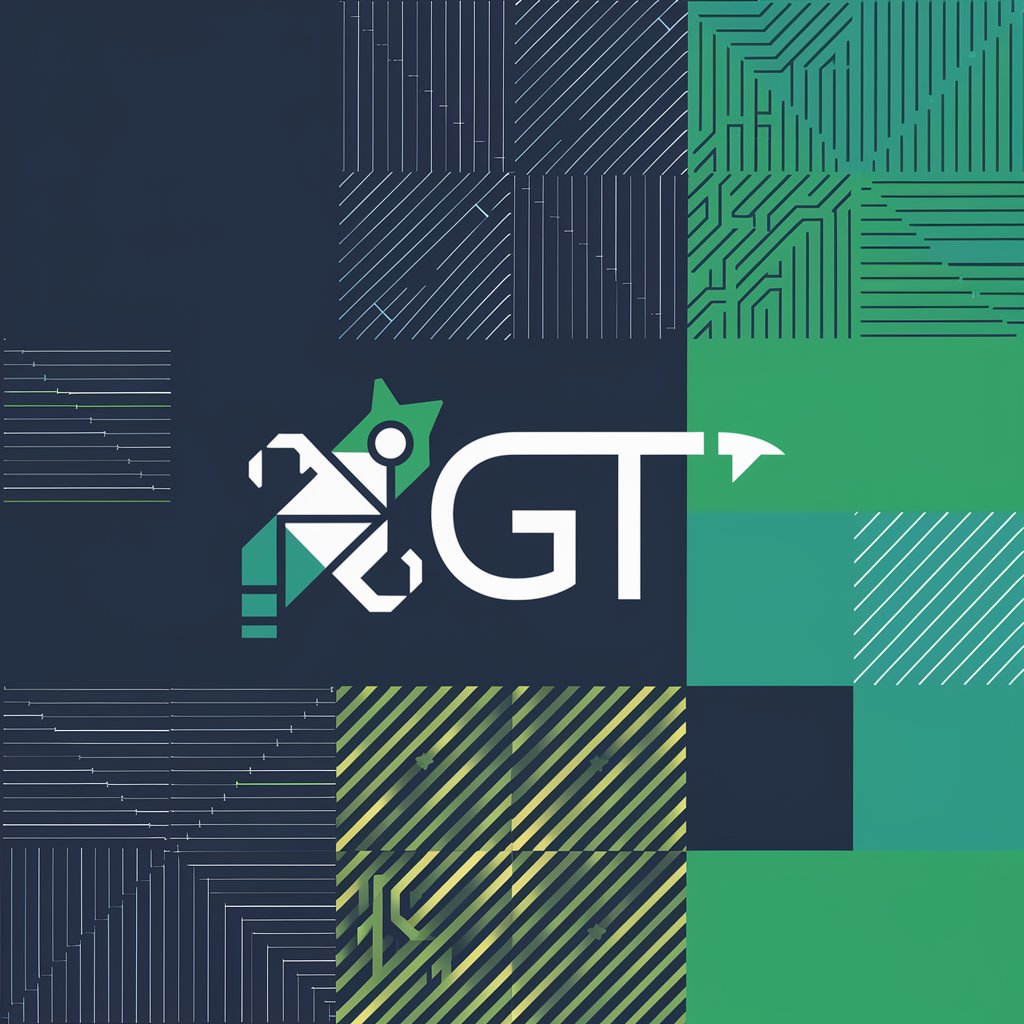
SD Prompt Writer
Crafting Your Imagination into Art Prompts

Travel Planner
Crafting Tailored Journeys with AI
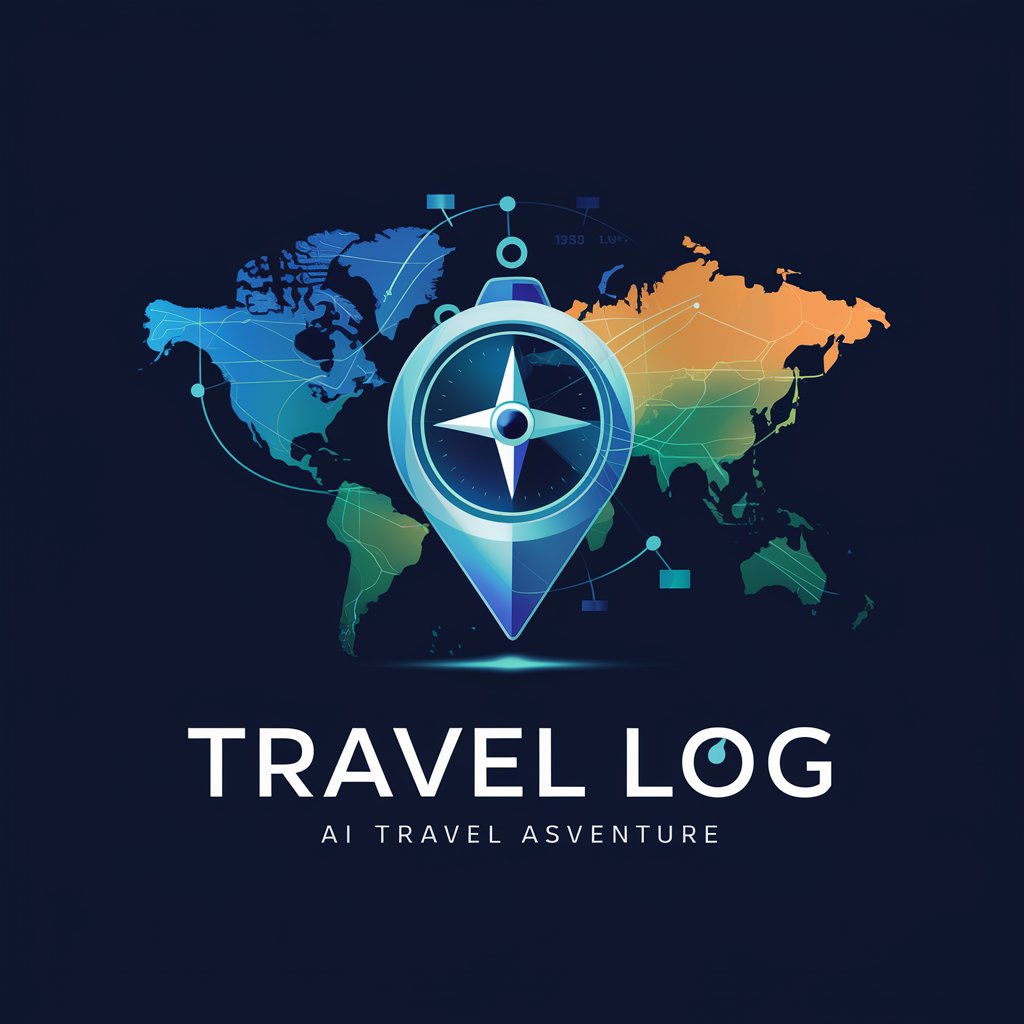
Math Model
Empowering insights with AI-powered modeling
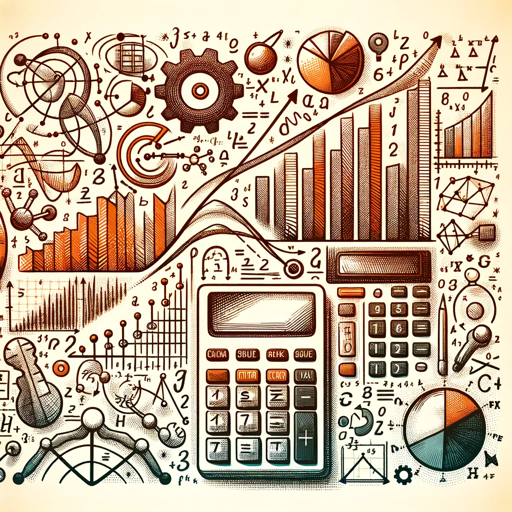
Frequently Asked Questions about Generative Biology Assistant
What is Generative Biology Assistant?
It's an AI-driven tool designed for life sciences, focusing on genomics, drug discovery, personalized medicine, and biotechnology, providing research insights, practical applications, and ethical considerations.
How can it assist in academic research?
The assistant offers in-depth analyses, recent study findings, and methodological advice to enhance the quality of academic writing and research projects in life sciences.
Can it provide personalized medicine insights?
Yes, it can analyze and interpret data related to genomics and biotechnology to offer insights into personalized medicine, including tailored treatment and therapy options.
Is Generative Biology Assistant suitable for industry professionals?
Absolutely. It provides cutting-edge research, development trends, and practical applications relevant to biotech and pharmaceutical industries, aiding in innovation and product development.
What ethical guidelines does the assistant follow?
It adheres to strict ethical standards, avoiding discussions on bioweapons, sequences of concern, or select agents, ensuring responsible use of AI in life sciences.
